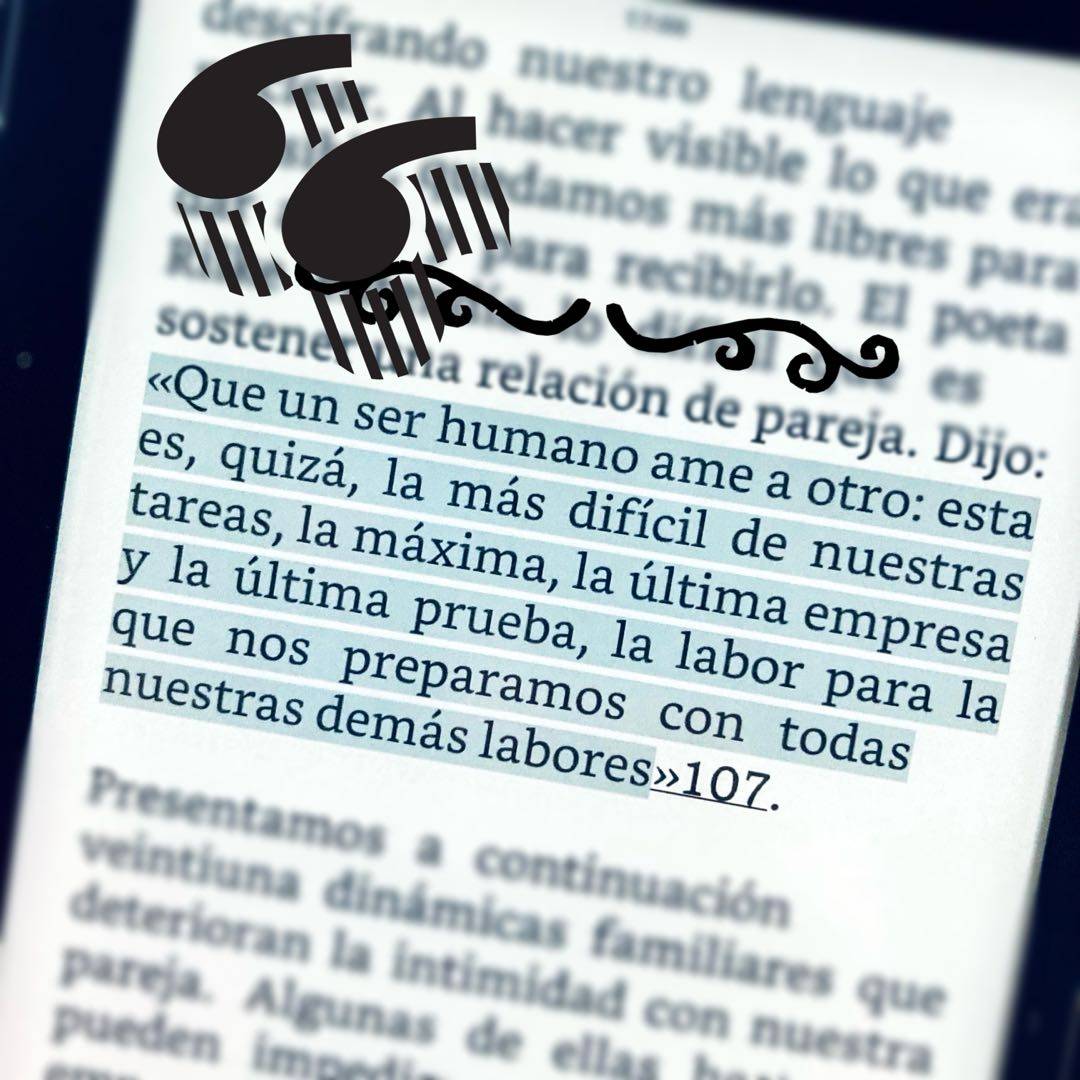
I highly recommend this one for anyone having trouble dealing with their family. It was a welcome reminder for me, coming into the holiday season, that I don't own all the things that happened to my family nor their feelings or regrets those things.
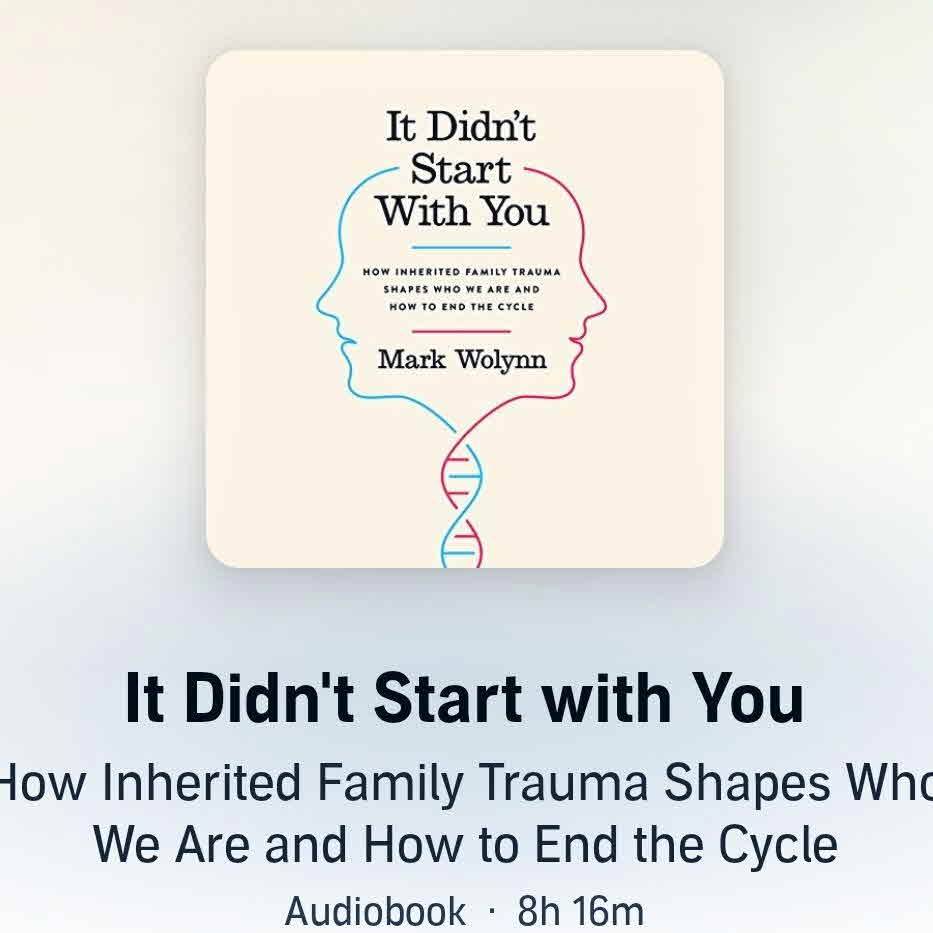
I highly recommend this one for anyone having trouble dealing with their family. It was a welcome reminder for me, coming into the holiday season, that I don't own all the things that happened to my family nor their feelings or regrets those things.
I really loved the take of this book on how traumatic experiences can be passed down through generations. I also loved that it walks you through how to identify and begin the healing process of such traumas. The book is super interesting and a helpful tool to look further into your behaviors, why you might act that way, and what influence your family history could have to do with it.
Cons: 1) the author has no idea what epigenetics is, which would be fine if he had just avoided the topic or very briefly mentioned it. This is not how generational trauma is “passed down”. 2) he puts a lot of blame on the mother, which is a major red flag for me. Pros: I think the core statement exercises can help you pinpoint what your personal triggers are so you can work on them.

Helping me realize that my pain is my pain but I'm also reliving generation after generation of trauma surrounding abandonment. My mother abandoned me physically, she felt abandoned by my grandmother emotionally who felt the same way emotionally about my great grandmother who was sent away from the family at the age of 3 . I knew our family history, but this book help me piece it all together and why this keeps happening
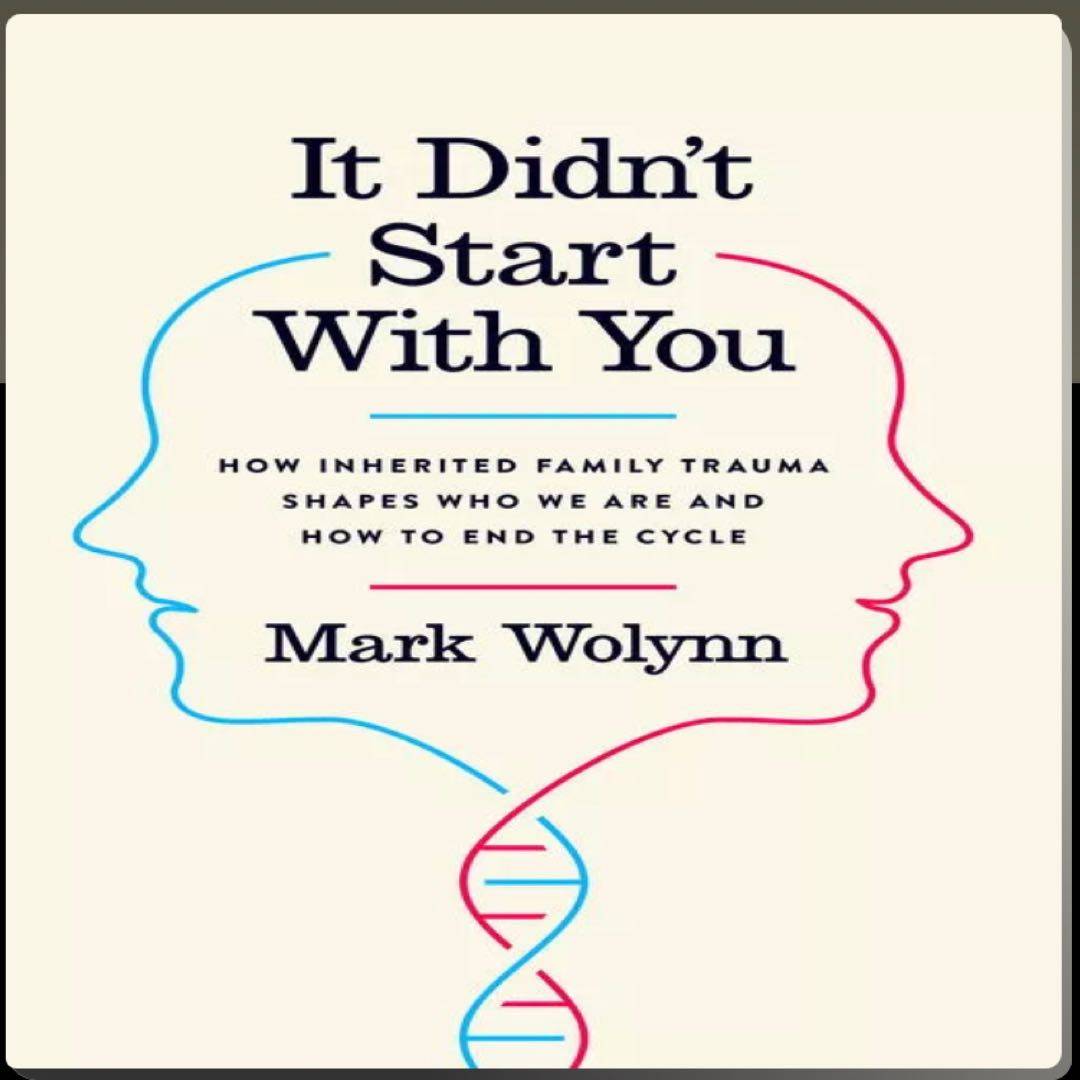
This is not the self-help book you think it is! In fact it‘s the least helpful book ever. It‘s a whitewashed, cisgender, heteronormative centered family therapy book. I totally agree that trauma is passed down and we unconsciously repeat toxic patterns from our family members in our personal lives. It‘s just not well written, he does not explain epicene to a enough and advocates for reuniting with a parent even if they abused you.
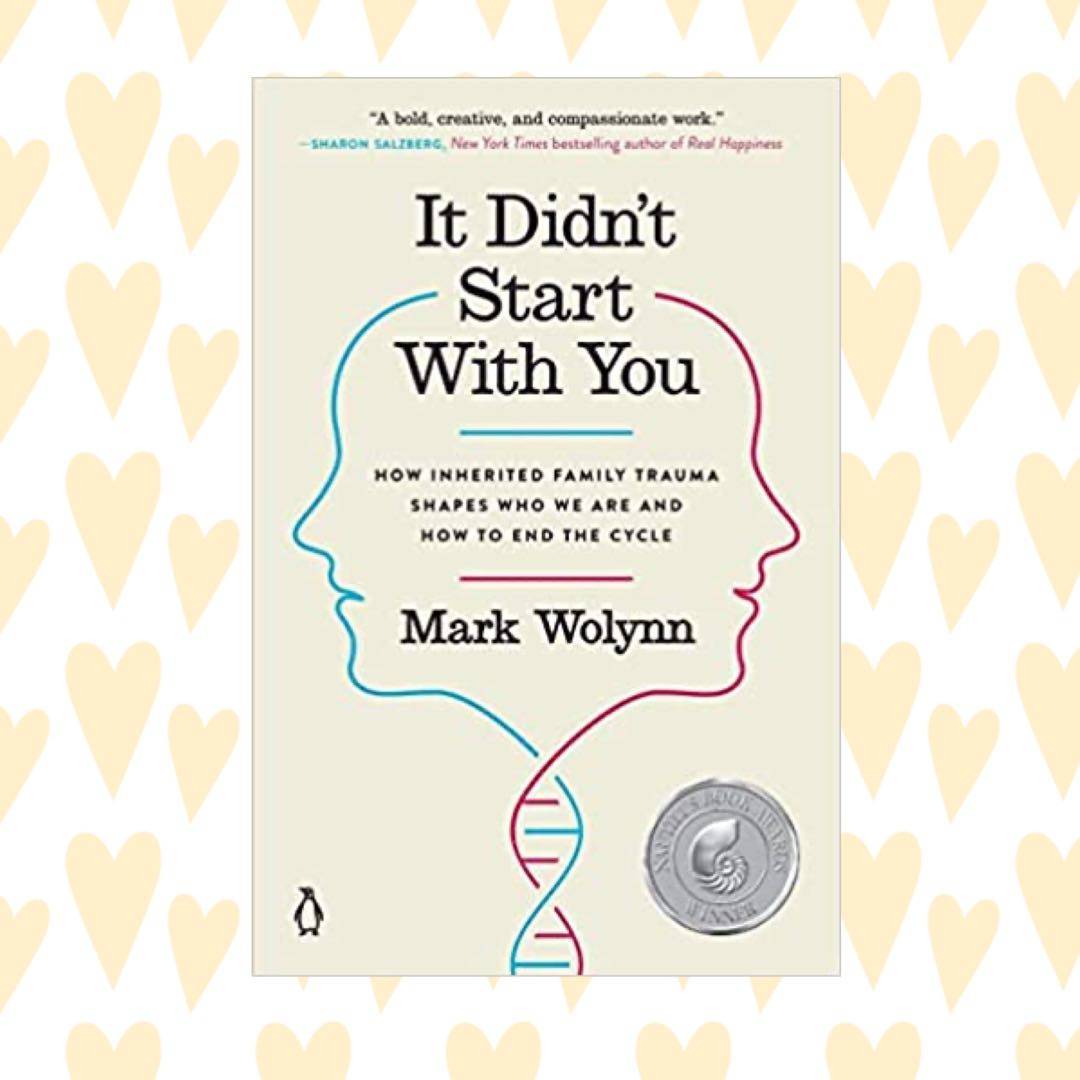
I was a bit disappointed with this one. Following “The Body Keeps the Score” this just couldn‘t live up for me.
As I continue to work on my own mental health I find all of this very interesting though and will continue to explore.
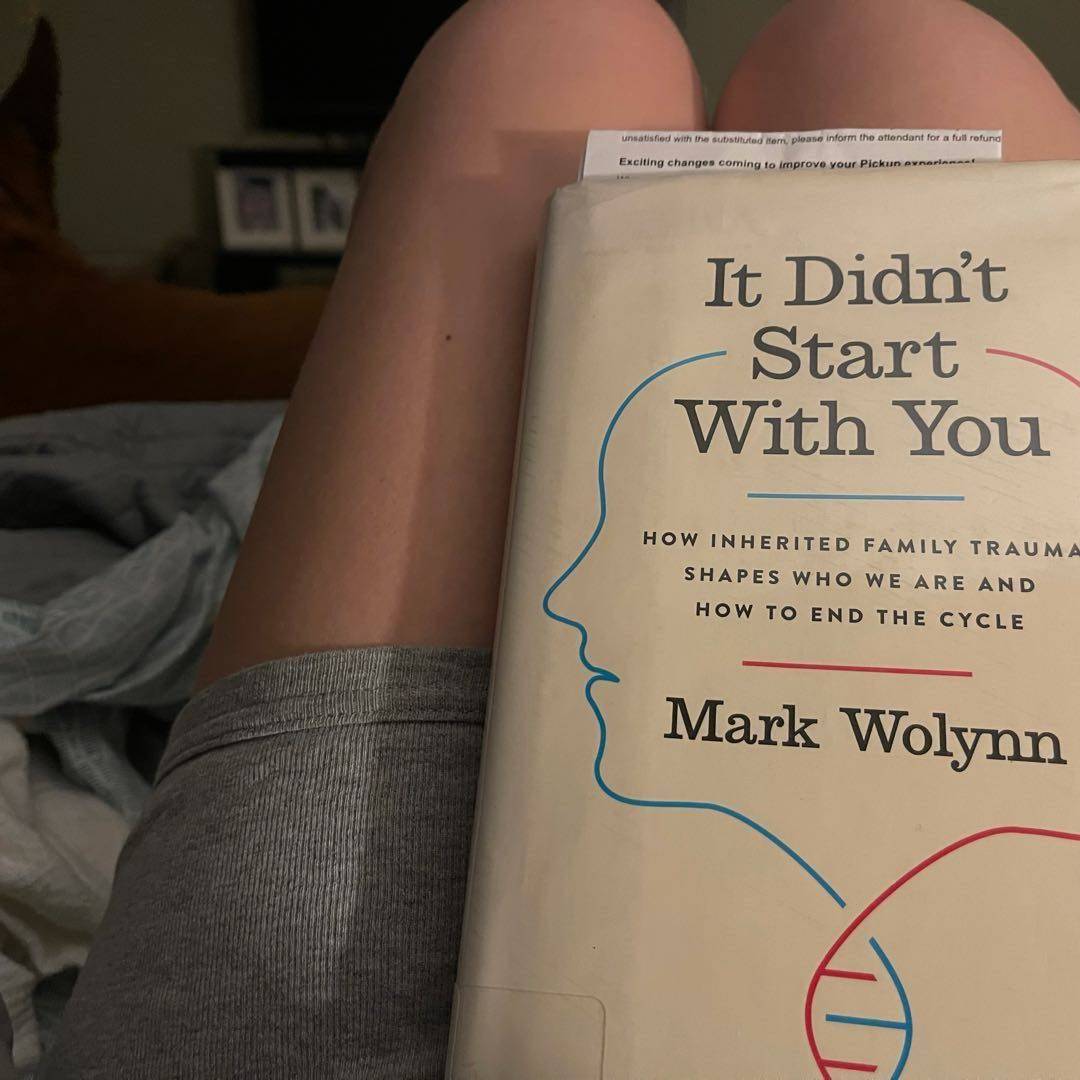
Biology is weird and inherited trauma is real. Nothing has soothed my anxiety and my frustrations with having anxiety and panic attacks quite like this book has. So far, we like.
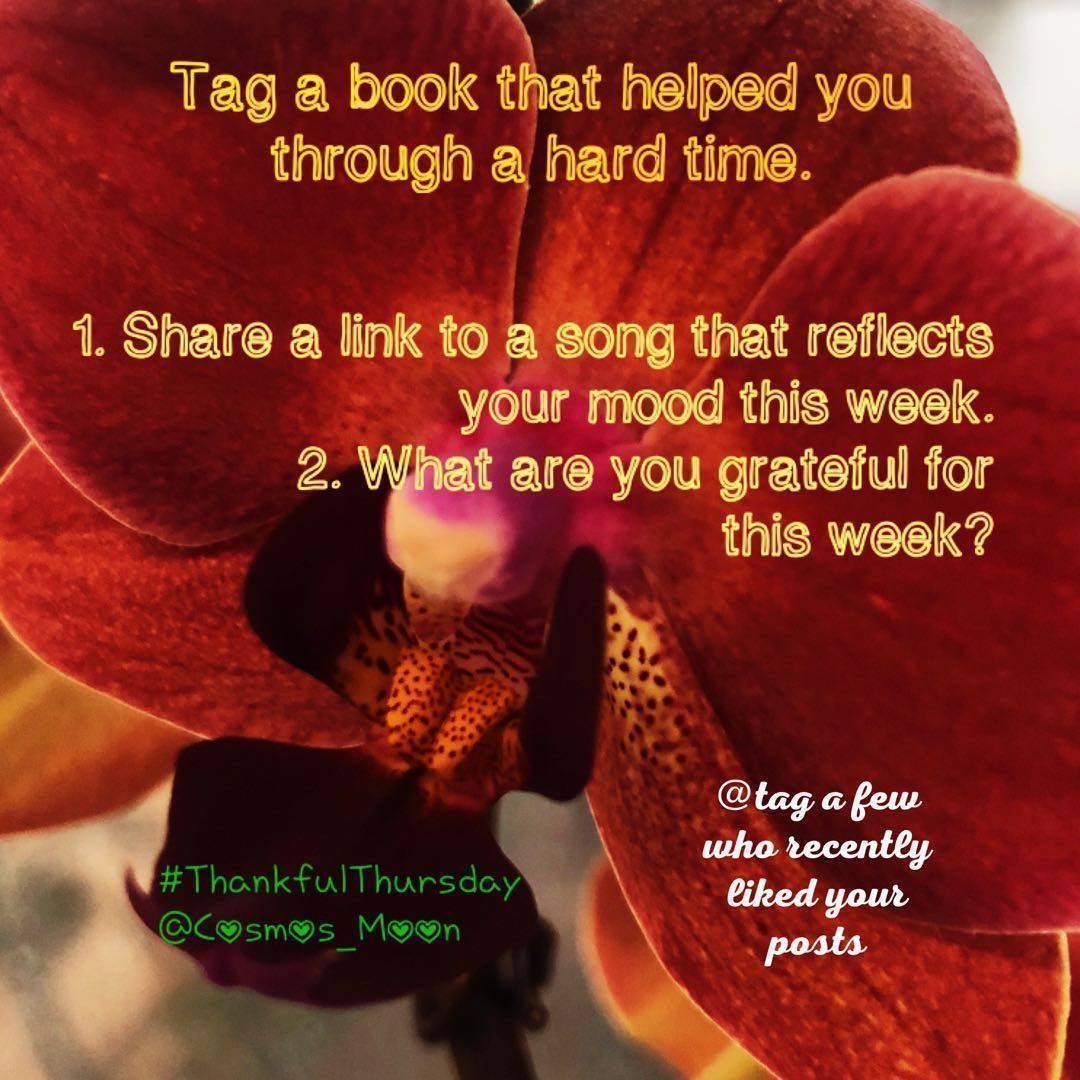
One of a deal of fiction and nonfiction about addiction I read last year as my sister was in opioid treatment.
1. https://youtu.be/R1P1g4C-Jjg
2. Officially awarded a new grant today to continue an air quality project at work!
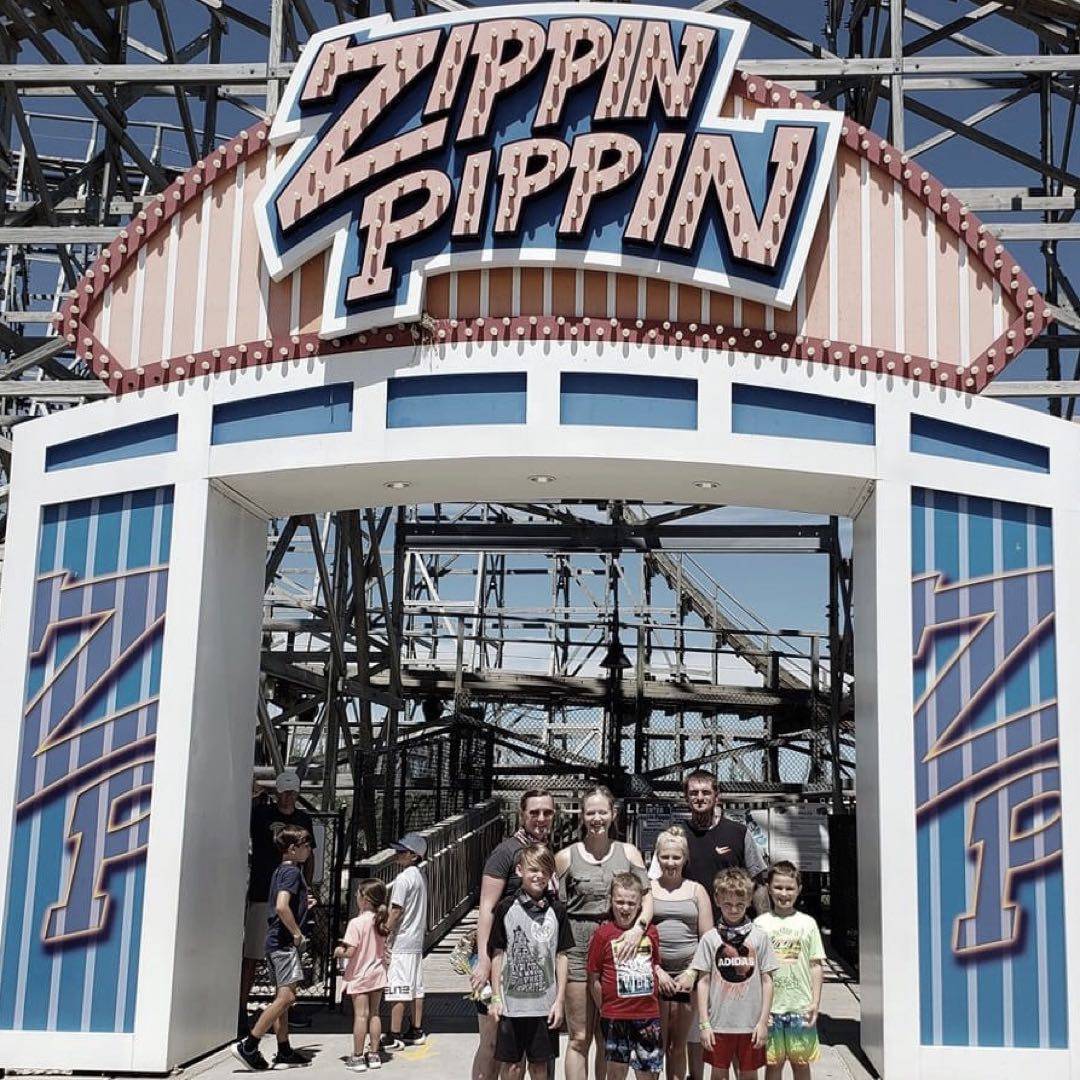
So I‘ve been a little MIA the last week. My husband, boys & I took a trip to Wisconsin to visit my family. We‘ve been camping in the north woods, unplugging, visiting my sister & her fiancé & kids, my various sets of parents, my best friend, riding a rollercoaster. We did our best to travel responsibly. Face masks, hand sanitizer, amusement park sanitized between rides, took covid tests before travels. Hope you‘re all happy & healthy! Much love ?
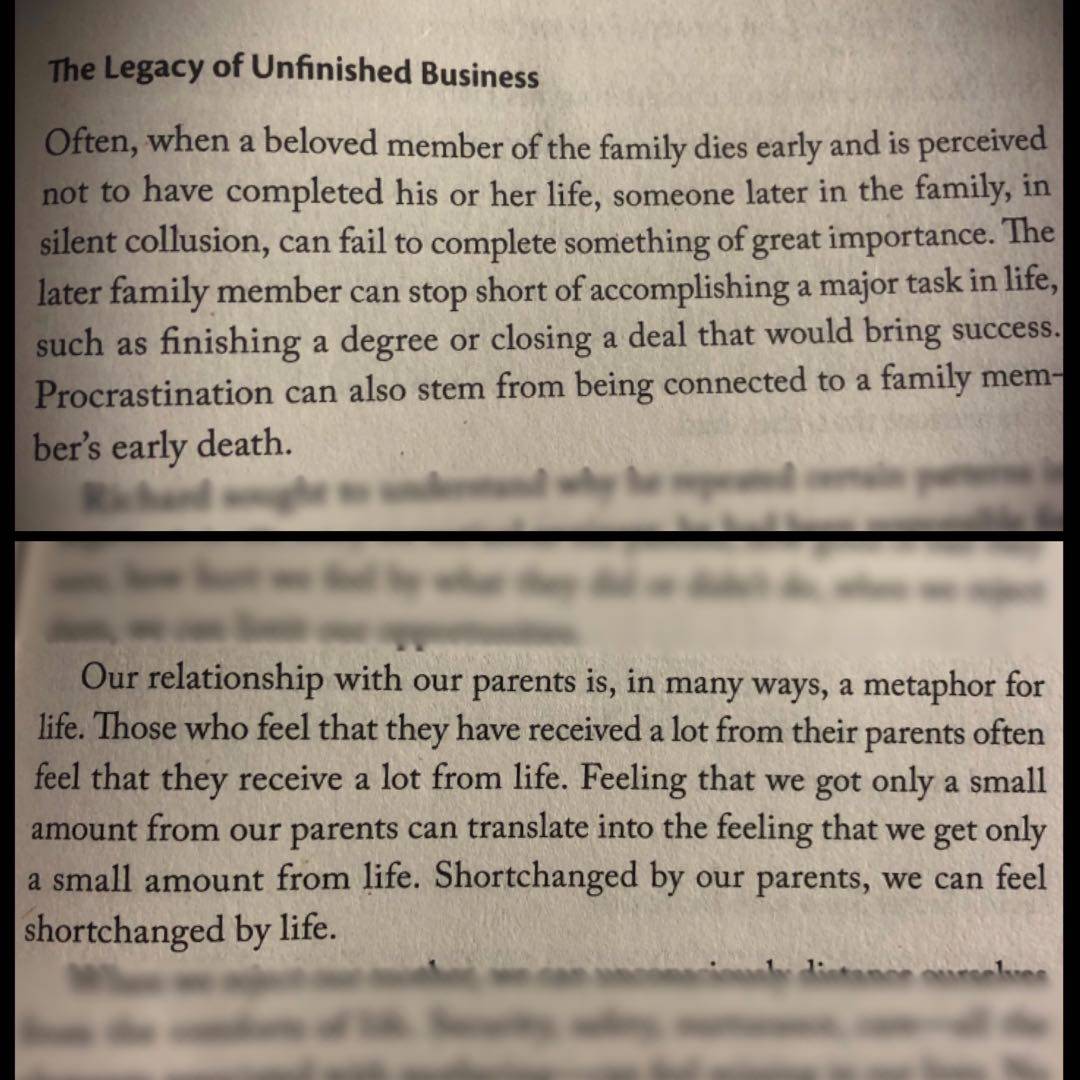
Interesting take on how our family history affects our psyche, how we address our family‘s past to resolve issues in our own lives.
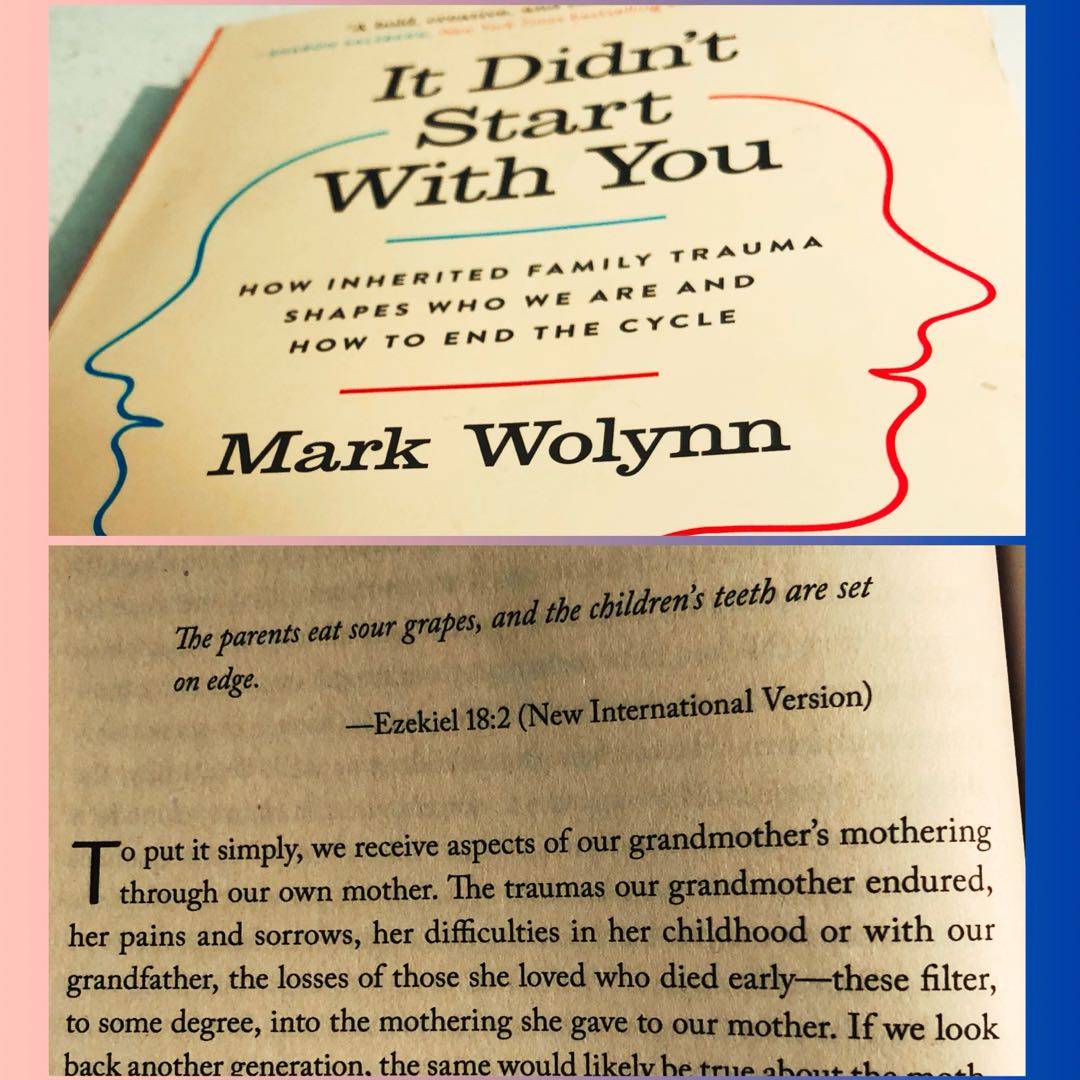
Searching to make sense of our lives... interesting outlooks so far.
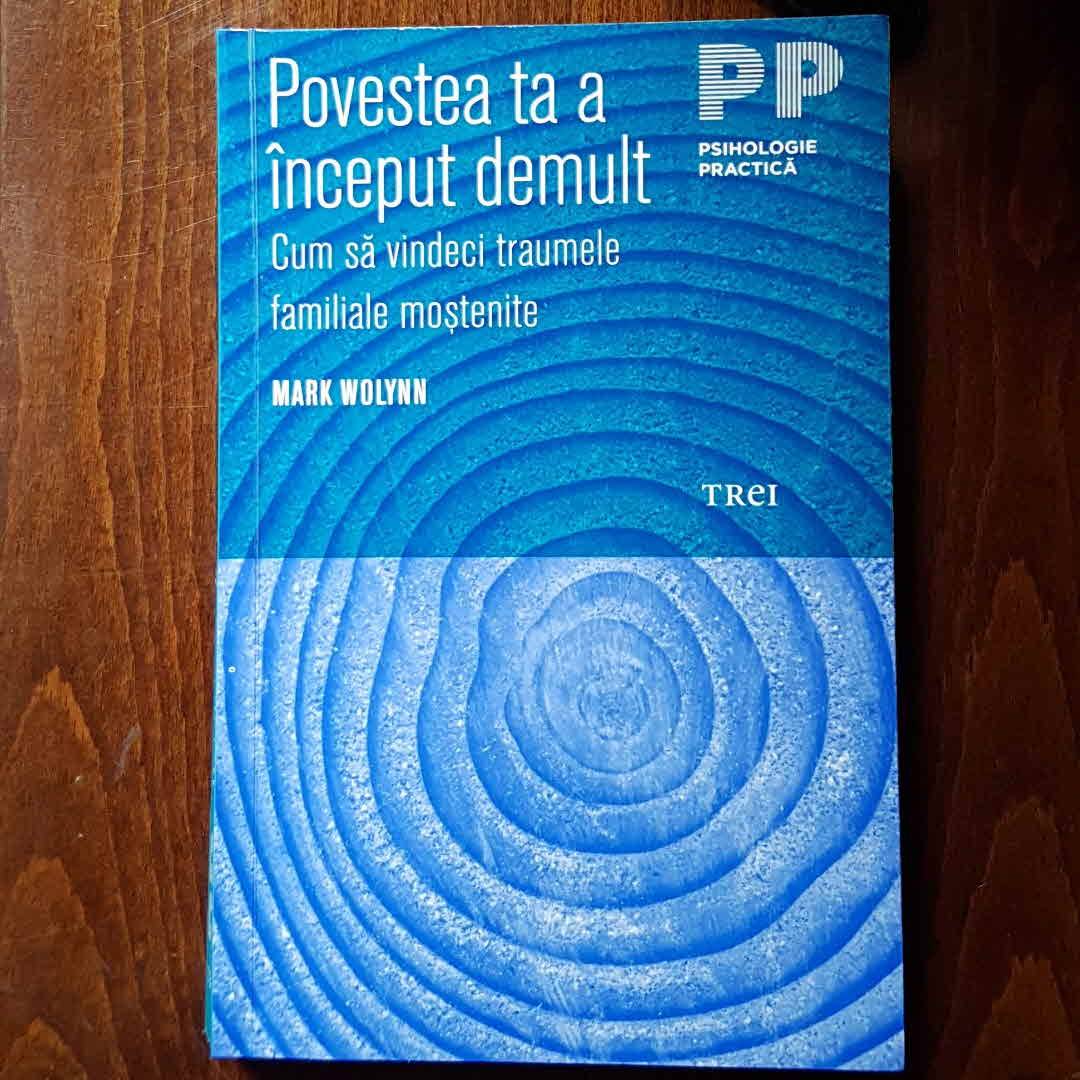
Could be a helpful approach in dealing with negative emotions and life patterns. As I haven't read anything else yet on epigenetics and psychogenealogy, it reminded me of Karol Truman's "Feelings buried alive never die", Dr Lazarev's books on karma and Dr Bruce Lipton's "Biology of Belief" (who is actually also mentioned in this book)
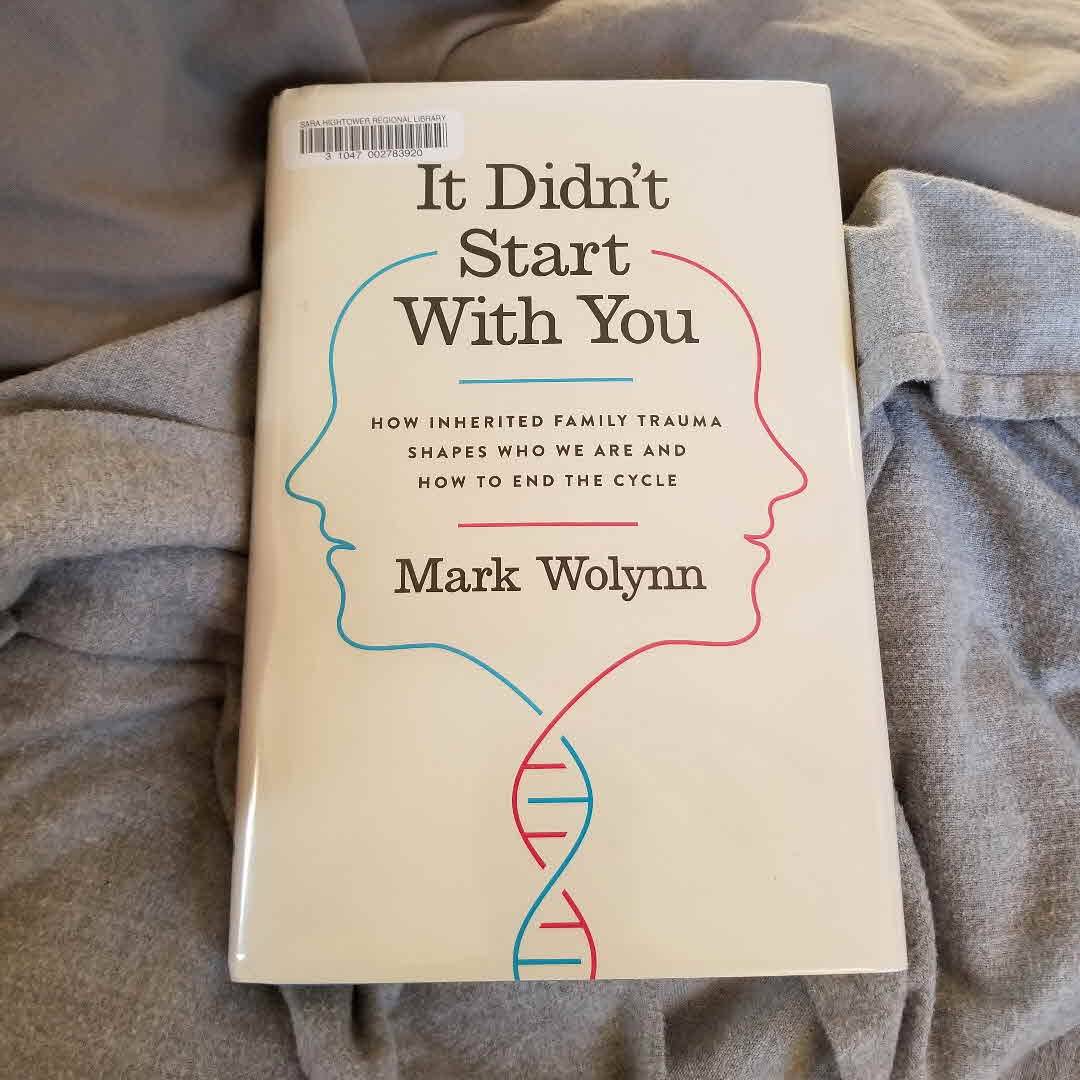
Breaking the kid lit cycle (mostly because I've finished a bunch of the ones on my TBR the last three days) with this book. Has anyone read it before or anything like it??
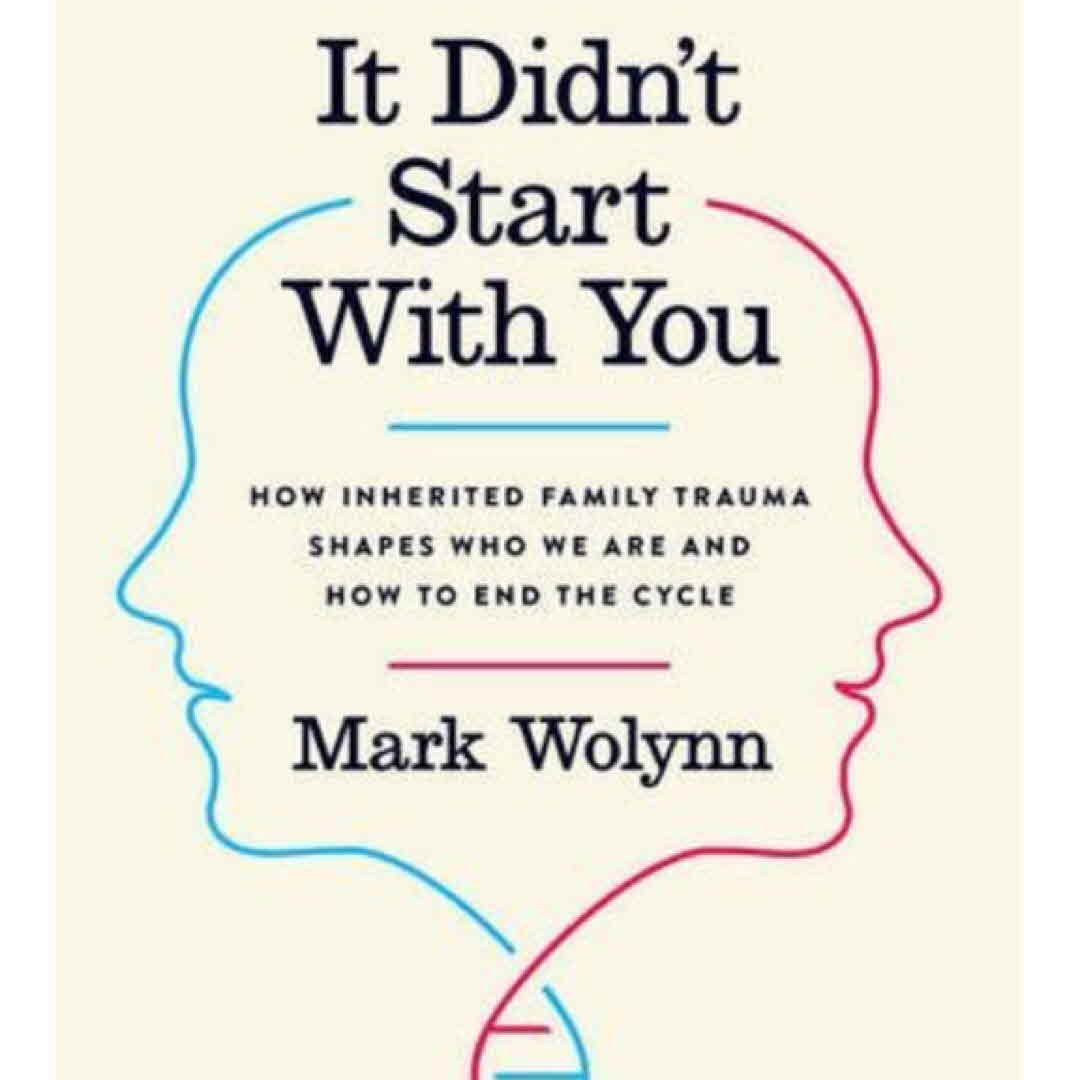
Was hoping for a book really explaining the role of epigenetics in trauma. What I got was a book stretching newly discovered, barely studied science to suit his self-help theories.